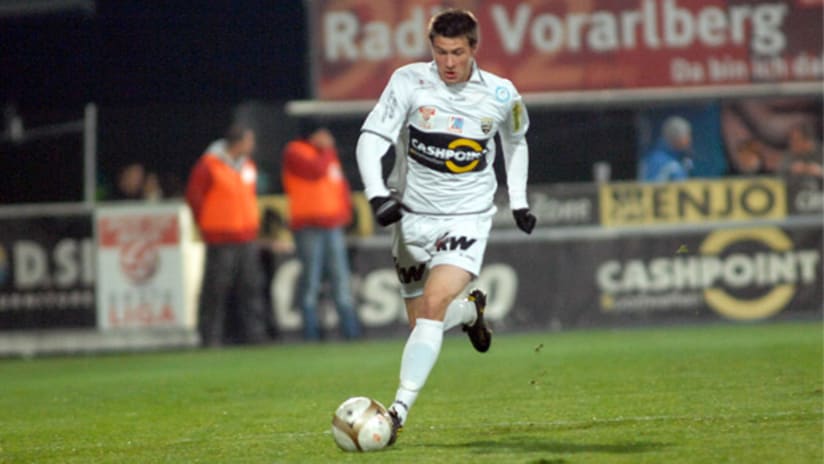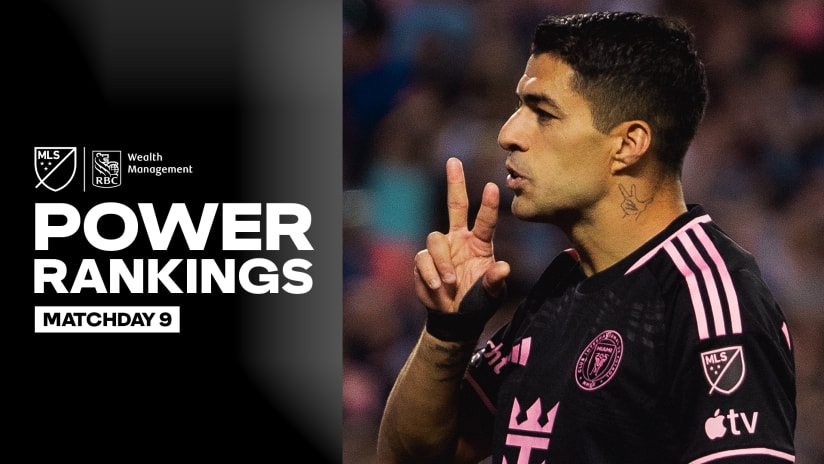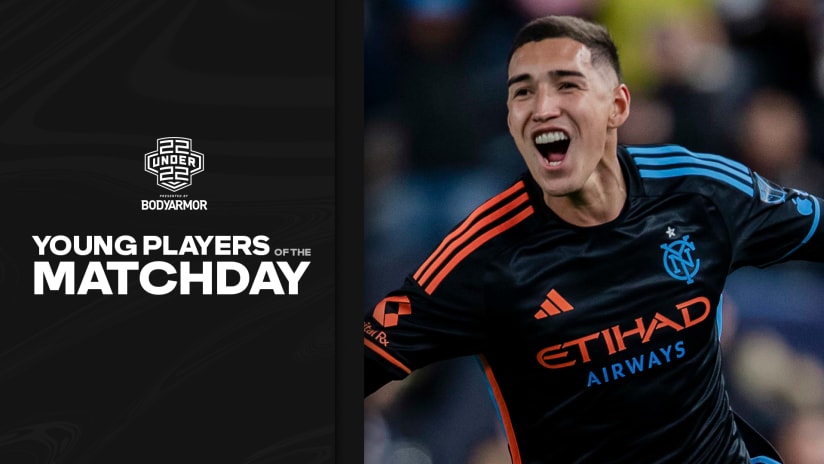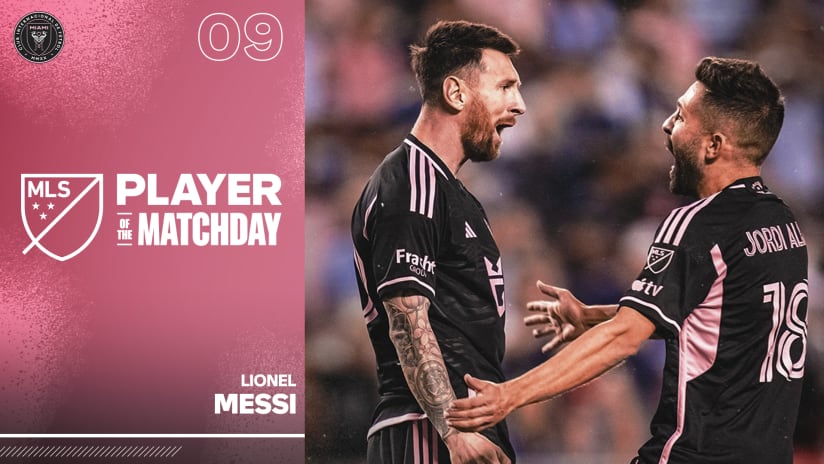In terms of results and player development, one small Michigan youth soccer club has been spoiled with success.
Since the Michigan Wolves began in 1974, numerous achievements have followed, including developing top players, finding success on the field and, most importantly, maintaining consistency.
In 2008, they agreed to a scouting partnership with English club Derby County. The agreement provides financial and technical support to the Michigan club's U-16 and U-18 teams, who in return wear Derby's famed colors and compete in the US Development Academy as the Derby County Wolves.
And they’ve been two very successful teams.
“Our academies are doing very well,” director of coaching Brian Doyle told MLSsoccer.com. “We have a lot of good young players in the state of Michigan who, if they've not joined us already, will continue to join us in the future.”
Both the U-18s and U-16s have fared well in the standings, and in 2009, the U-16s captured the Academy’s national championship. Doyle praised the Academy system as a whole.
“The Academy program, which started four years ago, was a huge revelation in the youth game and the game of soccer itself in America,” he said.
In the past year, the Wolves have found themselves in the headlines as a couple of their younger standouts have signed with teams overseas. In February 2010, winger Josh Gatt (pictured above) signed a professional contract with Austrian club SCR Altach as an 18-year-old. After an impressive start to his European career, he moved clubs, signing with Molde FK in Norway this past January.
Just a few weeks ago, another Wolves alumnus, Sean Cunningham, joined his former Wolves teammate at Molde.
[inline_node:315542]Gatt and Cunningham are just two names to emerge from Wolves to make it as a professional. Other products include Toronto FC speedster Jacob Peterson (pictured right), University of Michigan forward and Freshman of the Year Soony Saad, and Hermann Trophy finalist Colin Rolfe of Louisville.
Given their success in producing players, Wolves show that there is plenty of talent in the state of Michigan. Many play in two of Michigan’s best soccer programs, Michigan and Michigan State. During the College Cup, nine Wolves players were represented, with all but one playing for Michigan.
While some youth teams aim for massive numbers, it’s been the stance of Doyle and his staff to keep things small. The club's membership is somewhere between 600 and 700 players, boys and girls teams included.
“We are not a club of numbers of quantity, we’re a club of quality," he said. "I’ve taken that approach and we feel it’s a right way to do it. We don’t feel there’s enough good coaches in Michigan, or any state for that matter, to have four teams at every age. I don’t think you can be successful doing it that way.”
The club's partnership with Derby County has only accelerated that growth. The agreement came about shortly after Michigan businessman Andrew Appleby purchased the Rams in early 2008, with the local connection helping to bring the two sides together.
In a nutshell, Derby help cover costs of the Academy team while the Michigan Wolves act as a US-based scouting organization for Derby, hoping to send UK-eligible players over to train with the club in England.
This agreement led to the scouting, recruitment and signing of current Derby player Conor Doyle in 2010. Doyle was spotted playing for the Dallas Texans, and the Wolves-Derby relationship created the opportunity for him.
At the end of this calendar year, the agreement will have expired and both sides will decide whether or not to renew.
For Brian Doyle (no relation to Conor) the future goals of the club are simple: Keep the status quo going, from the two Academy sides to the rest of the organization.
“The benchmark and goals have never really changed," he said, "and that is to maintain our high level all the time."









